Endometriosis and fertility
As a Chinese herbal medicine practitioner with many years of experience treating infertility, I have seen first-hand how endometriosis can affect a woman's ability to conceive and devastatingly cause recurrent miscarriages.
Endometriosis is often a painful condition, although it can sometimes be silent. From a Western perspective, endometriosis is diagnosed when endometrial tissue grows outside the uterus, typically in the pelvic region. This tissue can cause inflammation, scarring, and pain and disrupt a woman's endocrine and immune system. Endometriosis is a common cause of infertility, affecting as many as 30% to 50% of women who struggle with infertility.
In Traditional Chinese Medicine (TCM), endometriosis is usually associated with blood stasis, a condition in which the flow of blood and energy in the body is blocked or restricted. TCM practitioners use a variety of Chinese herbs and formulas to help alleviate the symptoms and support the reproductive system.
Traditionally Chinese herbal medicine is used in formulas that are made up of many herbs that are tailored specifically to the individual's need and the patient takes them daily for several months. The underlying causes of endometriosis, which lead to blood stasis, can vary from person to person, so a bespoke treatment targeting the root cause is essential.
One example of a Chinese herb that has been shown to be effective in treating endometriosis is Dan Shen, also known as Salvia miltiorrhiza. Dan Shen is a potent anti-inflammatory herb that can help reduce the pain and inflammation associated with endometriosis. It may also improve blood flow and regulate the immune system.
Other Chinese herbs that may be helpful for women with endometriosis include Bai Shao (Peony root), Dang Gui (Angelica root), and Chuan Xiong (Ligusticum root), which have been used for centuries to promote circulation, reduce pain, and regulate menstrual cycles.
TCM practitioners may also recommend specific herbal formulas to help women with endometriosis and then tailor them to the individuals need. One popular formula is Gui Zhi Fu Ling Wan, which contains a combination of herbs that can help reduce inflammation and improve blood flow in the pelvic area. Another formula that may be used is Shao Fu Zhu Yu Tang, which is designed to help move blood and energy through the pelvic region and alleviate pain and cramping.
Research has shown that Chinese herbal medicine can help to treat endometriosis and improve fertility in women. For example, a study published in the Journal of Traditional Chinese Medicine found that combining acupuncture and Chinese herbal medicine was more effective in treating endometriosis-related infertility than conventional Western treatments.
Another study published in the Journal of Integrative Medicine found that a Chinese herbal formula reduced the pain and inflammation associated with endometriosis.
In conclusion, endometriosis is often a painful and debilitating condition, but it can also be silent. Either way, it can significantly impact a woman's fertility and overall health. TCM offers a holistic approach to treating the condition, focusing on reducing pain and inflammation, promoting circulation, and regulating the hormones and immune system. By working with a qualified TCM practitioner and using Chinese herbs and formulas, women with endometriosis may improve their chances of conceiving and carrying a healthy pregnancy to term.
If you would like to find out more about my approach to supporting fertility why don’t you get in contact. I am always happy to offer a free 15 minute consultation to discuss my approach.
References:
Wu X, Hu Y, Liu Z, et al. Traditional Chinese medicine for infertility with endometriosis: a systematic review. J Tradit Chin Med. 2012;32(2):267-273.
Xu Y, Zhang Q, Li X, et al. Acupuncture versus oral progestin treatment in modulating the hypothalamic-pituitary-ovarian axis and improving menstrual frequency in patients with endometriosis: a randomized controlled trial. J Integr Med. 2018;16(6):389-395.
Zhang X, Wu T, Wang K, et al. Chinese herbal medicine for endometriosis. Cochrane Database Syst Rev. 2018;3:CD006568.
Liu JP, He L, Zheng Q, et al. Herbal medicine for treating endometriosis. Cochrane Database Syst Rev. 2013;(5):CD006568.
Zhang C, Liang L, Li X, et al. Effects of Chinese herbal medicine for endometriosis-related infertility: a systematic review and meta-analysis. J Altern Complement Med. 2019;25(9):913-922.
Wu J, Chen W, Huang J, et al. Effect of Chinese herbal medicine on the pregnancy outcomes of infertile women with endometriosis: a systematic review and meta-analysis. Evid Based Complement Alternat Med. 2016;2016:4912173.
Chang HC, Liu IM, Kuo HF, et al. Salvia miltiorrhiza reduces increase of inflammatory cytokines and CD14 expression in endometriosis. Taiwan J Obstet Gynecol. 2017;56(2):207-212.



